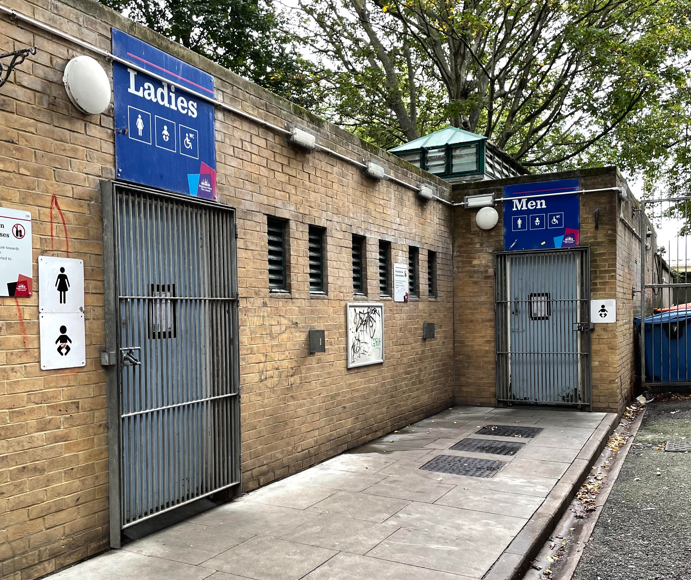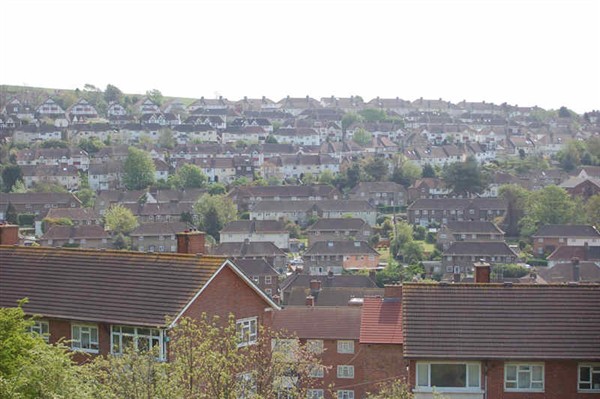The government’s autumn statement was published yesterday. For local authorities across the country, it has been a nervous wait. The costs of the Conservative government’s last “mini-budget” have been reported at £30 billion.
In 2020-21, the Department of Health and Social Care wrote off almost £10 billion of spending on PPE (personal protective equipment) that was unusable, above market price or remained undelivered.
The result of this mismanagement? Spending cuts all round, including, yet again, for the local authorities that provide public services day-to-day.
According to James Jamieson, Conservative chairman of the Local Government Association, “the future sustainability of councils and local services is already on a knife-edge.”
Inflation, increases to the “national living wage” and higher energy costs mean that, across the country, councils face at least £2.4 billion in extra costs.
That is in addition to a £15 billion real terms cut in core government funding to local authorities between 2010 and 2020, Brighton and Hove’s share being about £100 million.
Reports last weekend suggested that the government might allow councils to raise council tax by 3 per cent or more without a referendum. Council tax is already an imperfect tax long overdue for reform.
By choosing to have local authorities increase it, rather than increasing core government funding to local authorities, central government ensures local government takes the blame for the increases.
Does the council have any choice? For years, this council – whether led by Labour or the Greens – has endeavoured to save jobs and services.
Contrary to former Local Government Minister Paul Scully’s recent claim that “undoubtedly” there is “fat to be trimmed” from council budgets, we are now cutting into bone.
It is no surprise then that we are forced to look at non-statutory services, such as public toilets. Unlike many local authorities, which closed their public toilets years ago, we have tried to keep ours open.
Recently, the council brought the cleaning and maintenance service back in-house due to poor performance by the contractor.
Given its commitment to paying a living wage, the recent abolition of the lowest pay rungs within the council and inflation, it will cost more to run the service properly.
In the interim, we have – regrettably – had to close some of our toilets over the winter, though alternative facilities are now signposted, and 19 sets of public toilets remain open.

As a council, we remain committed to providing public toilets though we will need to consider charging for at least some of them.
In the meantime, in my ward, a local pub is giving users of the nearby park access to their toilets – and I hope other local businesses will consider doing the same.
Within my own area of housing, the government has been consulting on the imposition of a cap on the Housing Revenue Account (HRA) – essentially a rent cap for social housing.
Social rents may be capped but no such caps are proposed for the increasingly unaffordable private sector.
Less revenue for the HRA in turn undermines local councils’ ability to build or purchase affordable homes, thereby providing desperately needed social housing.
Nor will social-housing tenants in receipt of benefits be any better off because of the government’s proposal. The only real beneficiary is central government itself, which could save about £4.3 billion over five years in housing benefit payments.
Of course, central government is not proposing to pass this saving on (despite the additional costs to local councils of complying with incoming building and fire safety legislation).
Once again, councils are forced to do more with less.
Which brings me on to a massive, wasted opportunity. Yet again, this government has demonstrated a lack of understanding of what is viable and sustainable in the long term – for local government, residents and our planet.
Faced with rocketing energy prices, the government has opted to develop reserves of oil and gas which will have a limited impact on the market price and which we cannot burn without exceeding the UK’s commitments on consumption emissions.
Yet the cheapest energy is the stuff we do not use. My worry is that the cap on the HRA will in time affect the essential insulation work that the council is doing to reduce tenants’ heating bills.
The Warmer Homes scheme, for private tenants and homeowners in fuel poverty, and the social housing retrofitting scheme we are developing with Greater Brighton partners are both schemes intended to fill the vacuum left by the failure of central government’s Green Homes Grant scheme.
The government should have long been investing in making our homes more energy-efficient and in the skills and jobs to do so. It should not now be undermining this council’s attempts to make up for central government failings.
Councillor Siriol Hugh-Jones is the Green deputy leader of Brighton and Hove City Council.









Don’t worry. As long as you have enough money to waste on pointless cycle lanes and Transport schemes that punish the disabled, we , the taxpayers, will be happy
The lefty councils always complain about the cuts from central government over the last ten years.
In that same time; my council tax has virtually doubled, yet I still receive next to nothing in services from the council.
But lo and behold ! A gift from central government !
The ability to increase CT by upto 5% without the need for a referendum !
So that will give our looney left council even more of my money to waste on pointless vanity projects, and cycle hangers; whilst complaining that there is no money in the kitty for essential services.
I can’t wait for the local elections.
VOTE CONSERVATIVE! The only way to get rid of this looney left council.
Isn’t the social housing retrofit mentioned funded by the Social Housing Decarbonisation Fund – which is central government funding? If not it should be as central government funding is available